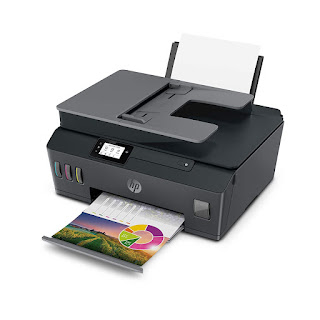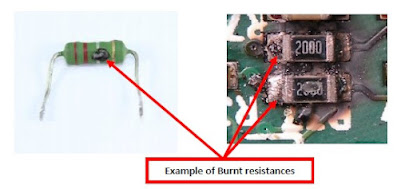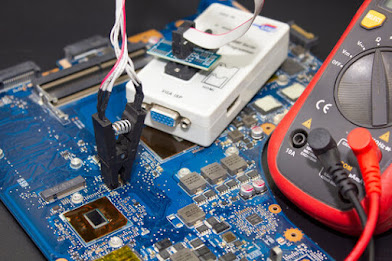Deleting Key From Registry Issue Solution

Deleting Key From Registry Issue. In this piece of information, you will read why the registry key doesn’t delete and how to fix deleting the key from the registry error in Windows. The registry is the home of Windows 10 settings. There are many features in Windows 10 that are unable to change. But, you can make the changes by editing the registry key.
Why Registry Key Is Not Deleting In Windows?
There can be many reasons for which the registry key is not deleted, like:
-The Registry key contains embedded null characters.
-The User account doesn’t have the required permissions.
How To Fix The Deleting Key From Registry Issue?
Here are some methods to delete the registry key. Follow these methods to solve the issue.
Method 1 – Change The Permissions Of The Registry Key:
Try to change the permissions of the registry key. You have to give permission to the user account to delete the key. To do so, follow the below-given steps:
1.Press the Windows + R keys to open the Run utility.
2.Type regedit and press Ctrl + Shift + Enter to open the Registry Editor with administrative privileges.
3.Navigate to the registry key you want to delete and right-click on it.
4.Click on the Permissions option from the right-click context menu.
5.The permissions window will open on your screen.
6.Select the Advanced option to open the Advanced Permissions window.
7.Next to the Owner, click on the Change option.
8.In the Enter the object name to select a section, type the username of the account you are using.
9.Select the Check Names option to confirm it.
10.Click on OK to save the changes.
11.Select your username in the Permissions for section.
12.Check the Allow box next to the Full Control option.
13.Click on Apply and OK to save the changes.
14.Now, try to delete the registry key.
Methosd 2 – Start Registry Editor With Administrative Privileges:
Another easy way to delete the key is that you can run the Registry Editor with administrative privileges and delete the key. But, you must have to create the backup first. To do so, follow the steps given below:
1.Press the Windows + R keys to open the Run utility.
2.Type regedit and press Ctrl + Shift + Enter to open the Registry Editor with administrative privileges.
3.Confirm the UAC prompt.
4.Navigate to the key and try deleting it.
Method 3 – Run RegDelNull Tool:
There is sometimes an embedded null character in the registry key that you are trying to delete. It can be because of the corrupted application. A null character is not visible in the registry key. You delete the null character by replacing them with the other characters. To do so, you have to download the RegDelNull v1.11 software from Microsoft’s official website. Then, extract it to your desktop. After that follow the below-given steps:
1.Press the Windows + R keys to open the Run utility.
2.Type cmd and press Ctrl + Shift + Enter to open an elevated Command Prompt.
3.Enter the following commands and press Enter after finishing each one to delete the registry key:
1) cd desktop
2) REGDELNULL64 HKLM -S
3) REGDELNULL64 HKU -S
4.After the tool scans for any registry key with null characters, it will ask you whether you want to delete it.
5. If this happens, enter the key for the Yes as instructed.
6.If there are no null characters in any registry keys, then it will only show the scan completed.
featured image source: https://betanews.com/








Comments
Post a Comment